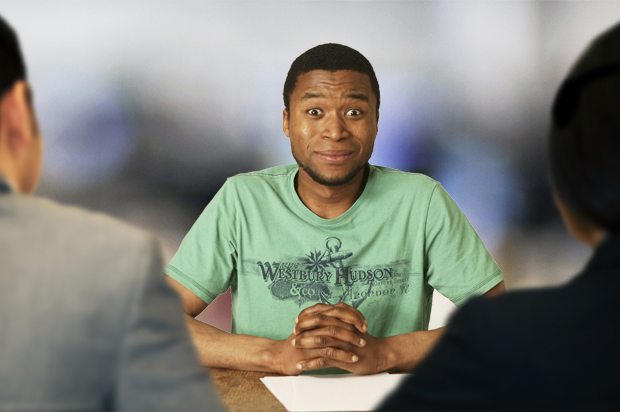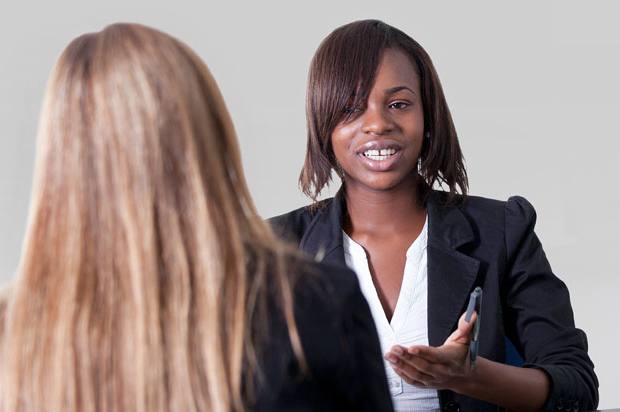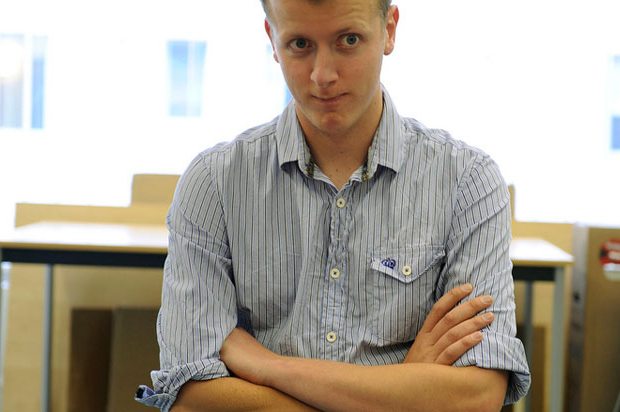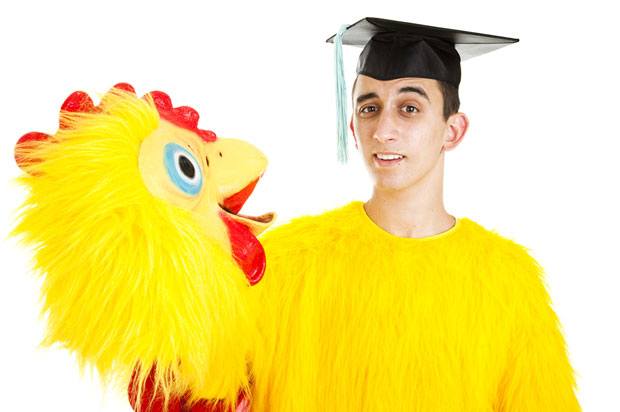Body language for interviews
So you're not drunk and you've made the effort to polish your shoes. Good effort. But your body language at a job interview is important too. We give you some tips.
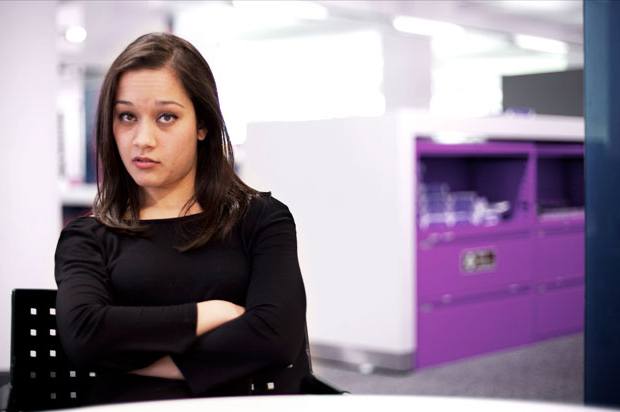
She obviously wants the job.
What is body language?
Put simply, this is everything you don’t actually say. It’s also known as ‘non verbal communication’ and ranges from your facial expressions to a wobbly knee.
So, what is good body language in a job interview?
Good body language shows you’re confident, focused and interested. It shows that you’re being truthful, honest and trustworthy. In an interview situation it includes:
- The way you shake your interviewer’s hand
- The way you smile at them when you walk in
- The way you sit down in your chair
- Your posture throughout the whole interview
- The amount of time you maintain eye contact with your interviewer
- The ways you use facial expressions and hand gestures
- The final handshake and smile on ending the interview
- The way you leave the interview room and building
How can I make sure I have good body language?
There are some simple steps to ensure you cover all body language bases. To start, make sure you meet them with a nice firm handshake – though not a bone-crusher – and friendly smile: this will show your confidence and openness.
Wait for the interviewer to show you to your seat and then sit down in an open posture – do not cross your arms as this will seem defensive, but keep your hands on your lap, smile and maintain eye contact to show you’re ready to begin. This will demonstrate that you’re at ease and focused. Sit deep into the chair and upright – no slouching! It will help you and the interviewer feel comfortable, and shows respect.
Make hand gestures to emphasise your points when answering, leaning in slightly, to show your commitment to what you’re saying, and your desire to communicate with your interviewer. Though don’t lean in too far or gesticulate too wildly – it might put them off!
What about facial expressions?
Keep your facial expressions in tune with what the interviewer’s saying. If they’re talking about a serious issue, e.g. health and safety, make sure your expression matches the seriousness of the issue. But if they’re explaining the company’s social events, you can allow yourself to relax and smile accordingly.
It’s very important to maintain eye contact with your interviewer, as it helps you establish a rapport with them. Don’t stare, unblinking into their inner soul, but try to keep it focused for long periods of time, and nod when they’re talking to show you’re listening. If you need time to think before you answer, it’s fine to look away, slightly upwards and into the distance – this will show you’re properly considering your answer, rather than coming back with any old reply.
How should I act at the end of the interview?
When the interview is over, shake your interviewer firmly by the hand, smiling and looking directly at them. Thank them, and leave with confidence.
Wait until you’re safely out of the building and around the corner before either punching your fist into the air with joy, or throwing yourself to the ground in despair. Then call your best mate and have a well-deserved cup of tea.
Next Steps
- Chat about this subject on our Discussion Boards.
- Need help but confused where to go locally? Download our StepFinder iPhone app to find local support services quickly.
By
Updated on 29-Sep-2015
No featured article



